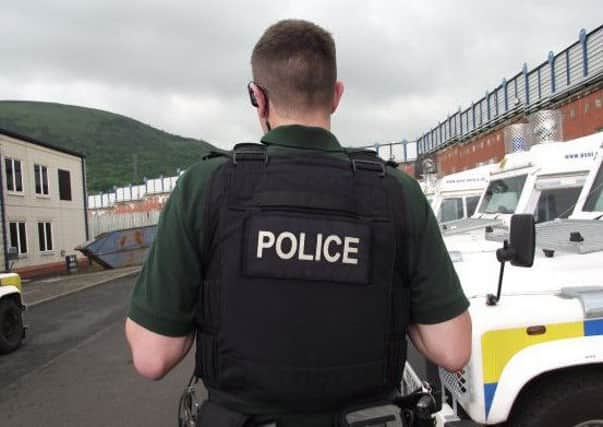Public can now ask for PSNI check on people with access to children


The system introduced today creates a direct route for concerned members of the public to ask the PSNI for any relevant conviction information about someone with access to children or young people.
It is more extensive than that in Britain because it accounts for sexual and violent offences as well as current public protection measures.
Advertisement
Advertisement
Detective Chief Superintendent George Clarke said: “This scheme, which is in addition to the arrangements already in place, will afford members of the public with genuine concerns about the safety of a child or children the opportunity to raise those concerns with us.
“We will then follow this up and, where appropriate, share information which will help safeguard children and protect them from any risk or harm.”
The measures are contained in the 2015 Justice Act.
Colin Reid, head of policy at the NSPCC charity in Northern Ireland, said: “This new scheme gives people another direct means of raising any concerns they may have about the welfare of a child or about any individual who has access to children.
“These measures allow relevant information to be brought to the attention of a parent or carer.”
Advertisement
Advertisement
However, he warned that the new scheme would only be effective if it is properly promoted.
Justice Minister David Ford said: “It has always been the case that people could, and should, bring concerns to the police about the safety of a child.
“These new provisions make it easier, allowing any member of the public to come to a police station and apply for information about a person who they believe is a risk to children.”
Information about criminal convictions will only be provided to the person with primary care responsibility for the specific child and only if it is necessary to protect that child.
Advertisement
Advertisement
If there is an immediate risk of harm, this will be addressed through current child protection procedures.
Agencies with public protection and child protection roles - police, probation, social services - already disclose information about criminal convictions when it is necessary to protect a child.